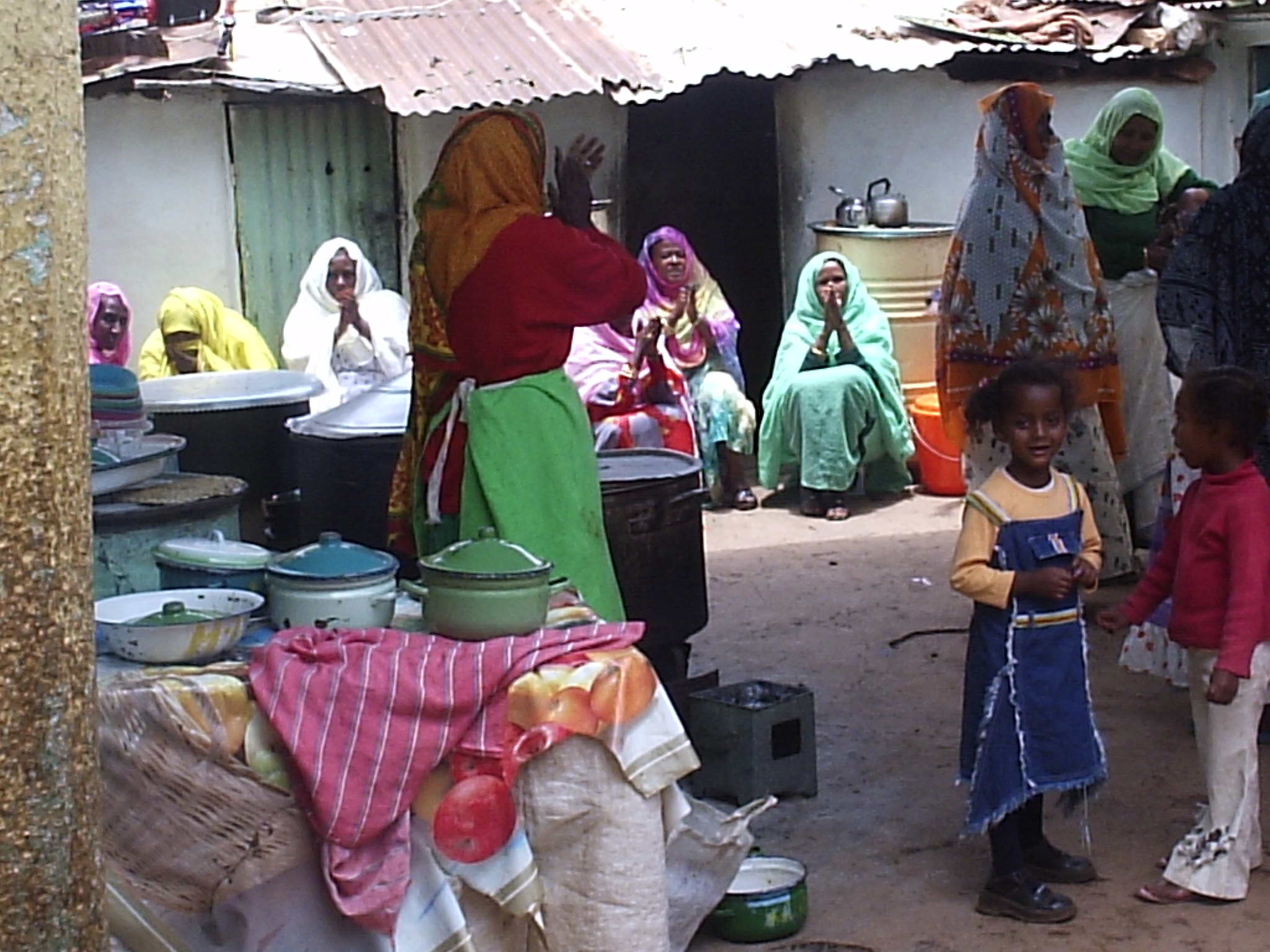The Lack of Political Space of the Eritrean Diaspora in the Arab Gulf and Sudan: Torn Between an Autocratic Home and Authoritarian Hosts
DOI:
https://doi.org/10.24847/55i2018.162Keywords:
Eritrea, Arab Gulf, Sudan, Qatar, Saudi Arabia, transnationalism, diaspora, authoritarian institutions, political space, remittances, diaspora taxAbstract
One third of Eritrea's citizens live in exile, and their government uses coercion, intimidation, and manipulation of patriotism to maintain financial flows from the diaspora through a rehabilitation tax and by delegating welfare responsibilities to its citizens abroad. Over one million Eritreans reside in Arab states, yet, we know little about their attitudes towards the homeland regime. Contrary to their compatriots in Europe and North America, they do not have political asylum and instead depend on work contracts for their residence permits. This makes them vulnerable to demands of transnational Eritrean institutions, which issue vital documents in exchange for fulfillment of financial obligations. The diasporic political space is doubly restricted, since authoritarian host states neither permit political activities, nor do they provide reliable protection from the Eritrean regime. This article explores the extent to which Eritreans in the Arab Gulf and Sudan can avert coercion by their home government, and how these states disempower diasporic contention.
Cover Image: Market in Asmara, Eritrea. Image by author.

Published
Issue
Section
License
Copyright (c) 2018 Nicole Hirt, Abdulkader Saleh Mohammad

This work is licensed under a Creative Commons Attribution-NonCommercial-NoDerivatives 4.0 International License.
Authors who publish with this journal agree to the following terms:
- Authors retain copyright and grant the journal right of first publication with the work simultaneously licensed under a Creative Commons Attribution-NonCommercial-NoDerivatives 4.0 International License, which allows others to share the work with an acknowledgement of the work's authorship and initial publication in this journal.
- Authors are able to enter into separate, additional contractual arrangements for the non-exclusive distribution of the journal's published version of the work (e.g., post it to an institutional repository or publish it in a book), with an acknowledgement of its initial publication in this journal.
- Authors are permitted and encouraged to post their work online (e.g., in institutional repositories or on their website) prior to and during the submission process, as it can lead to productive exchanges, as well as earlier and greater citation of published work (See The Effect of Open Access).
The content of this journal is licensed under a Creative Commons Attribution-NonCommercial-NoDerivatives 4.0 International License.

